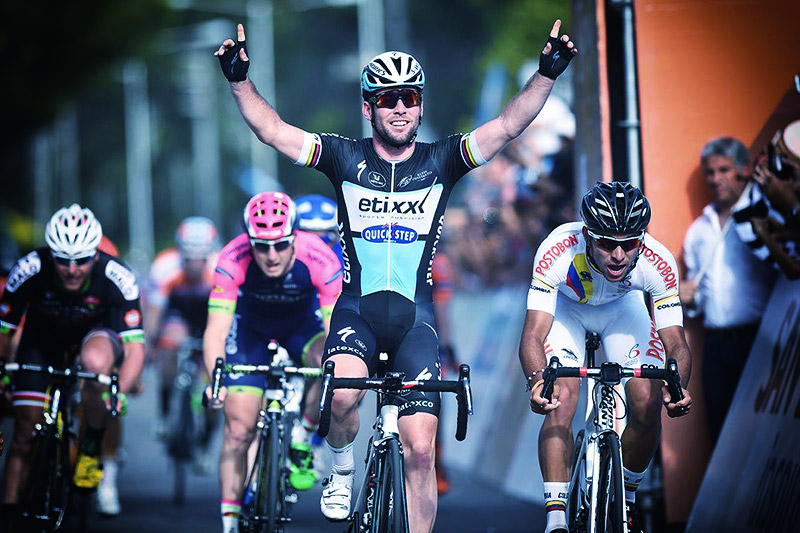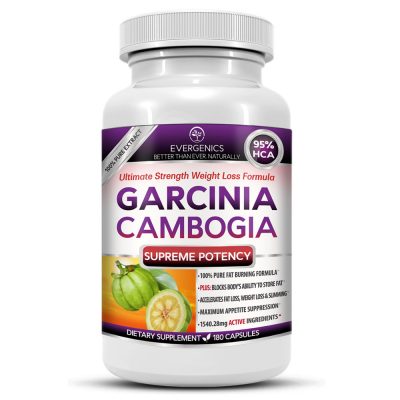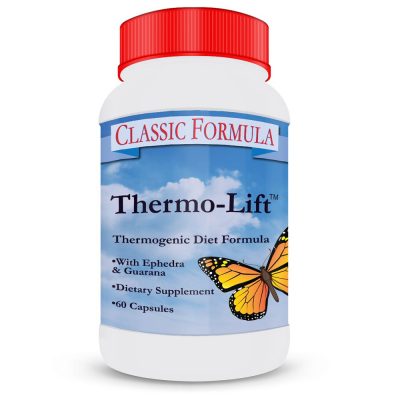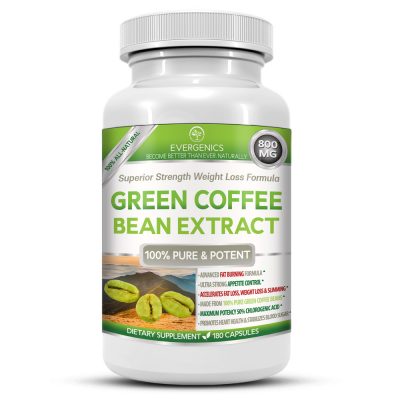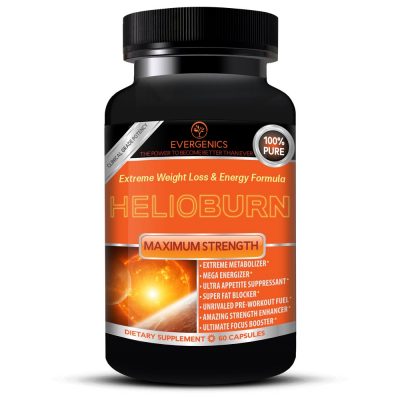(BPT) – Nutritional bars and packets of energy gel are what you might think of when you imagine a champion cyclist’s diet. But for the 198 men set to embark July 4 for the 102nd Tour de France, a balanced diet based in whole foods — and a lot of them — is critical.
The 2015 edition of the world’s greatest race covers 2,087 miles and visits three countries en route from Utrecht, in The Netherlands, to Paris over three weeks in July. Along the way, the race’s 198 rail-thin riders will produce roughly enough energy to power the average American household for 2.5 days, each of them consuming an astounding 5,000 calories or more per day. And while an ice-cold soda is a welcome first drink at each day’s finish line, it is pounds of rice, pasta and proteins that will fuel riders like 25-time stage winner Mark Cavendish across the high mountains of the Alps and Pyrénées.
“You have the 200 best bike riders in the world all in the best condition of the year, which means everything is faster, everyone rides closer together and winning and losing means so much more,” says Cavendish, the former world champion from the British Isle of Man, who rides for Belgian squad Etixx-Quick Step. “Whether training in the early spring or chasing race wins at the Tour, diet is one of the top-three most important things in a cyclist’s, or any professional athlete’s, way of life.”
Nigel Mitchell, head of nutrition for British Cycling and educational ambassador for American Pistachio Growers, serves as Cavendish’s go-to dietician. Mitchell has overseen the diets of Tour de France and Olympic champions, and manages Cavendish’s meal planning to account for the extreme toll that back-to-back 120-plus-mile days take on the star sprinter’s ability to process nutrient-dense foods.
“In events like the Tour de France, you’re constantly working to maximize recovery, and some people get a little more sensitive to things like wheat. The stomach takes a big pounding,” says Mitchell. “It’s really important to make sure we’ve got easily digestible foods there. In Mark’s case, we’ll build a simple diet based around chicken, rice and nutrient-dense nuts like pistachios, which are rich in B vitamins, protein and iron.”
And, Mitchell says, a simple, nutritious diet is vital to recovery for athletes of all abilities and sports — not just the select few competing in the Tour each year.
“Whether running on the treadmill to hit a weight-loss goal or training for a 100-mile century ride, we all need to feel our best when it’s time to perform, and you don’t need a personal nutritionist to be certain your diet is tuned for your needs,” says Mitchell. “For instance, you can easily incorporate pistachios with a carbohydrate to replenish your stores through a power-packed snack like my Pistachio Rice Cakes.”
Nigel’s Pistachio Rice Cakes
Yield: 25 servings
Ingredients:
2 cups Risotto (short grain) rice
4¼ cups water
1/8 tsp cinnamon or vanilla
1 tsp sugar (optional)
1¼ cup low-fat cream cheese
1 tsp coconut oil
1 tsp honey or agave nectar
½ cup chopped roasted pistachio kernels
Instructions: Cook rice according to package directions. While rice is still hot, add all other ingredients and mix well. Cover a baking sheet with plastic wrap and spoon rice mixture onto wrap. Wrap tightly with plastic wrap, use a rolling pin to compress the rice. Let it cool to room temperature and place in refrigerator overnight. Remove and cut into 1-inch squares.

